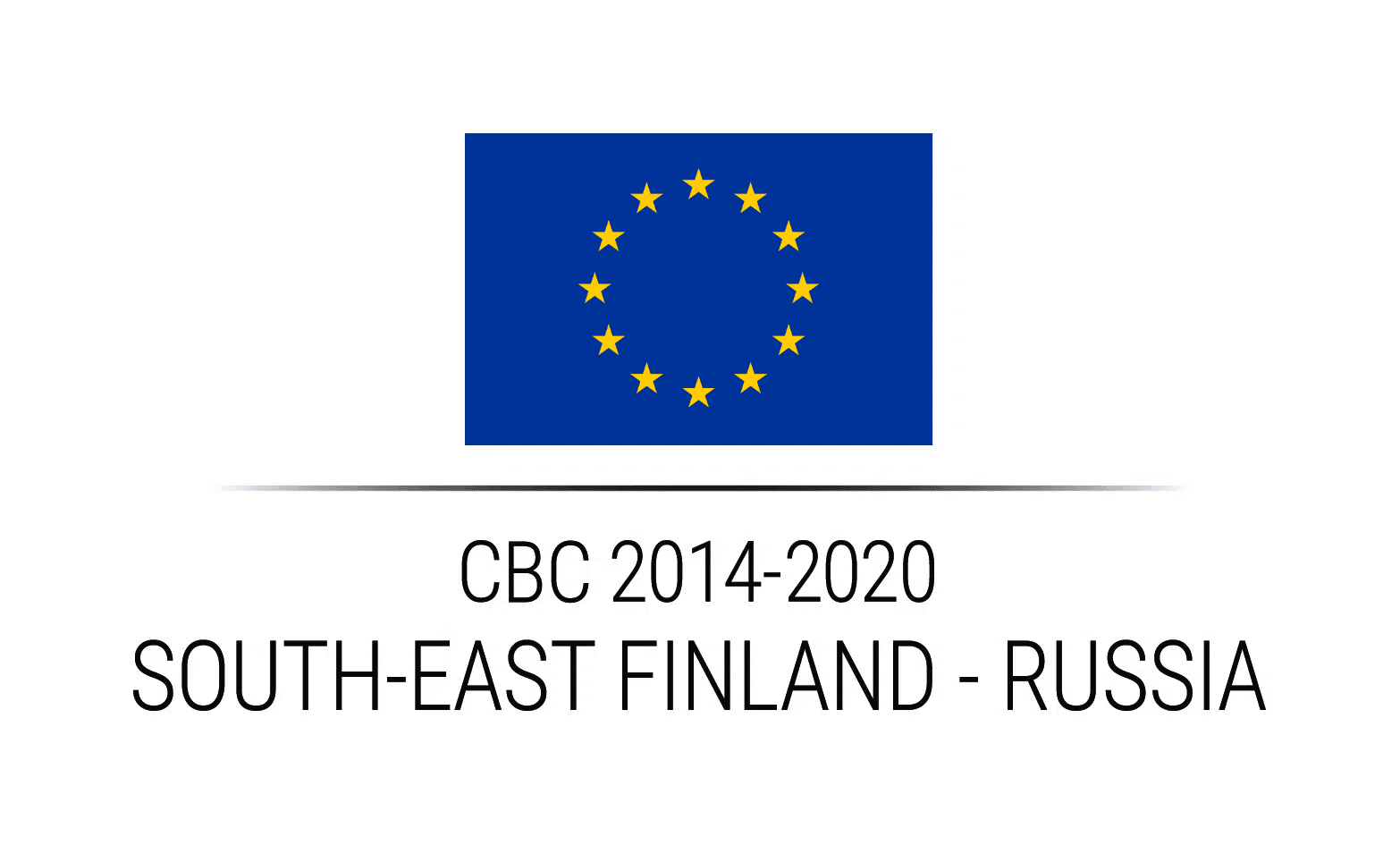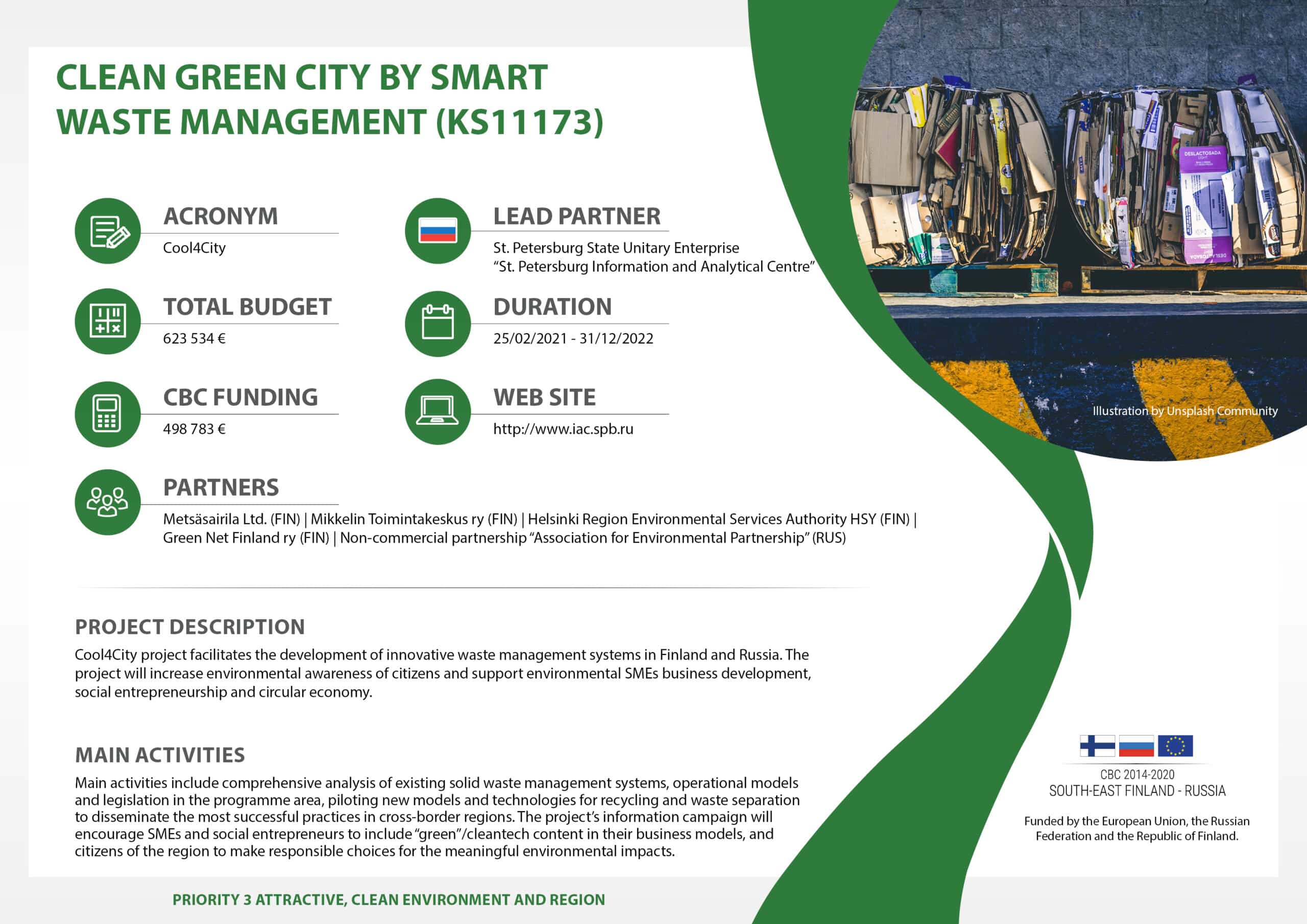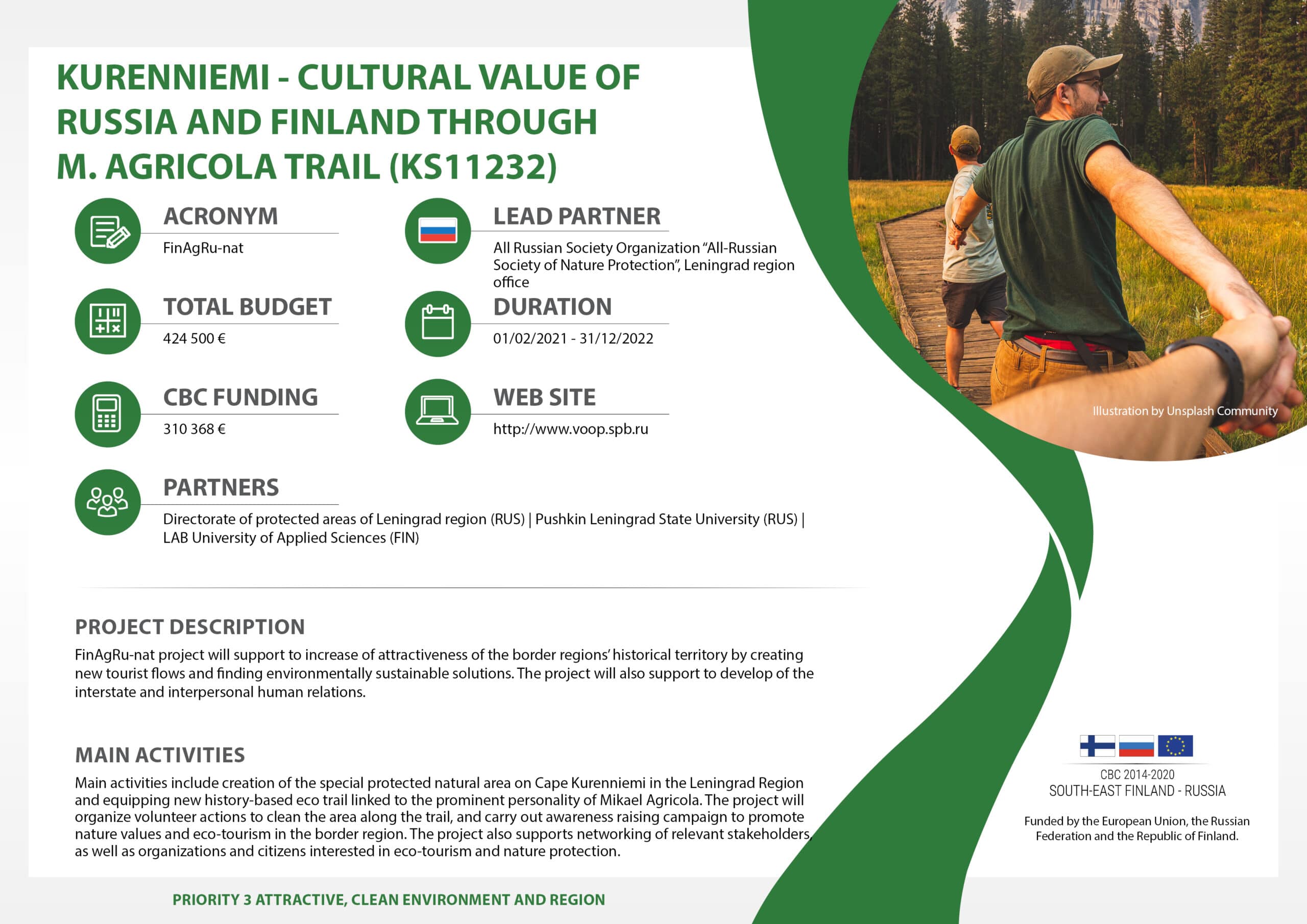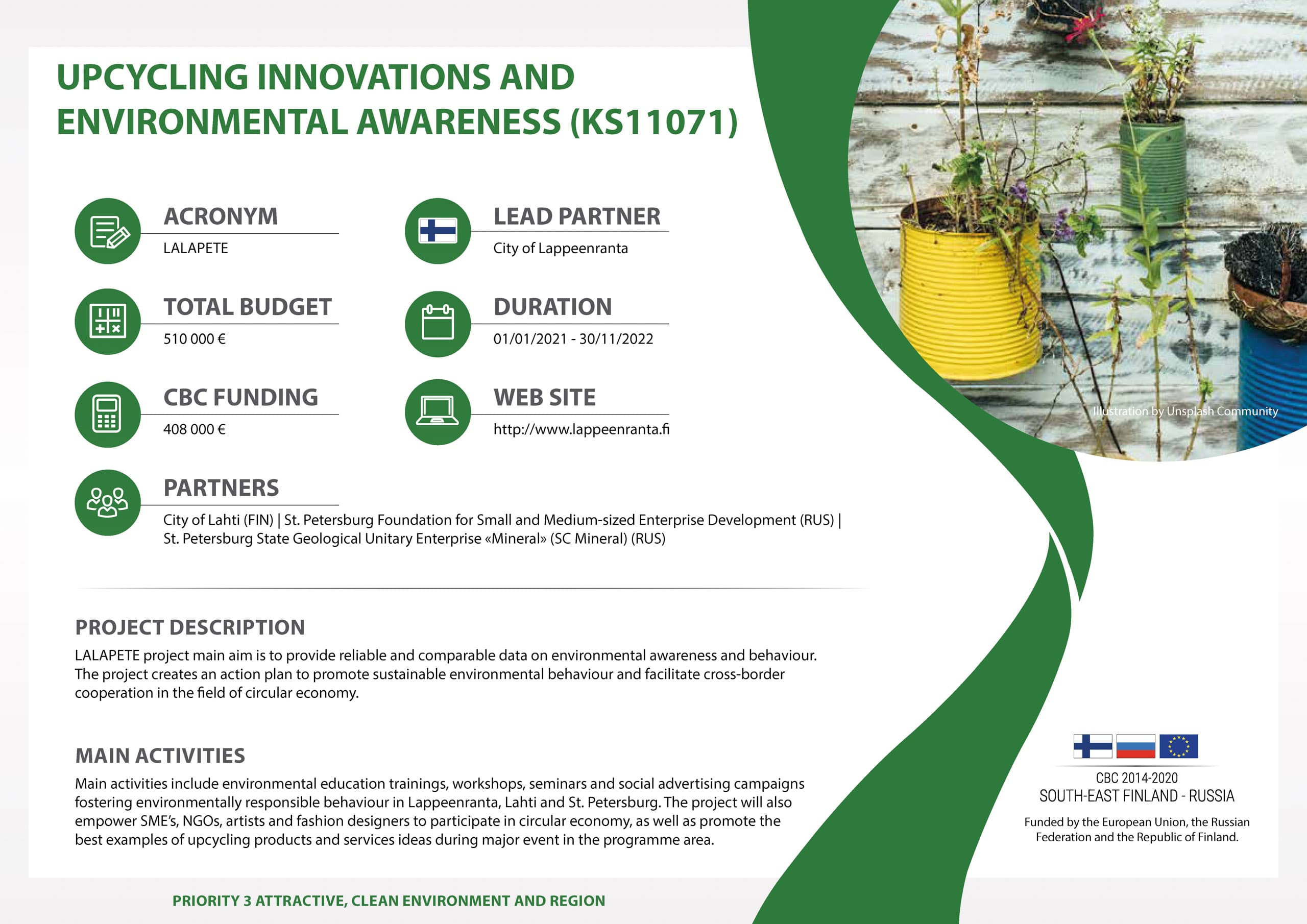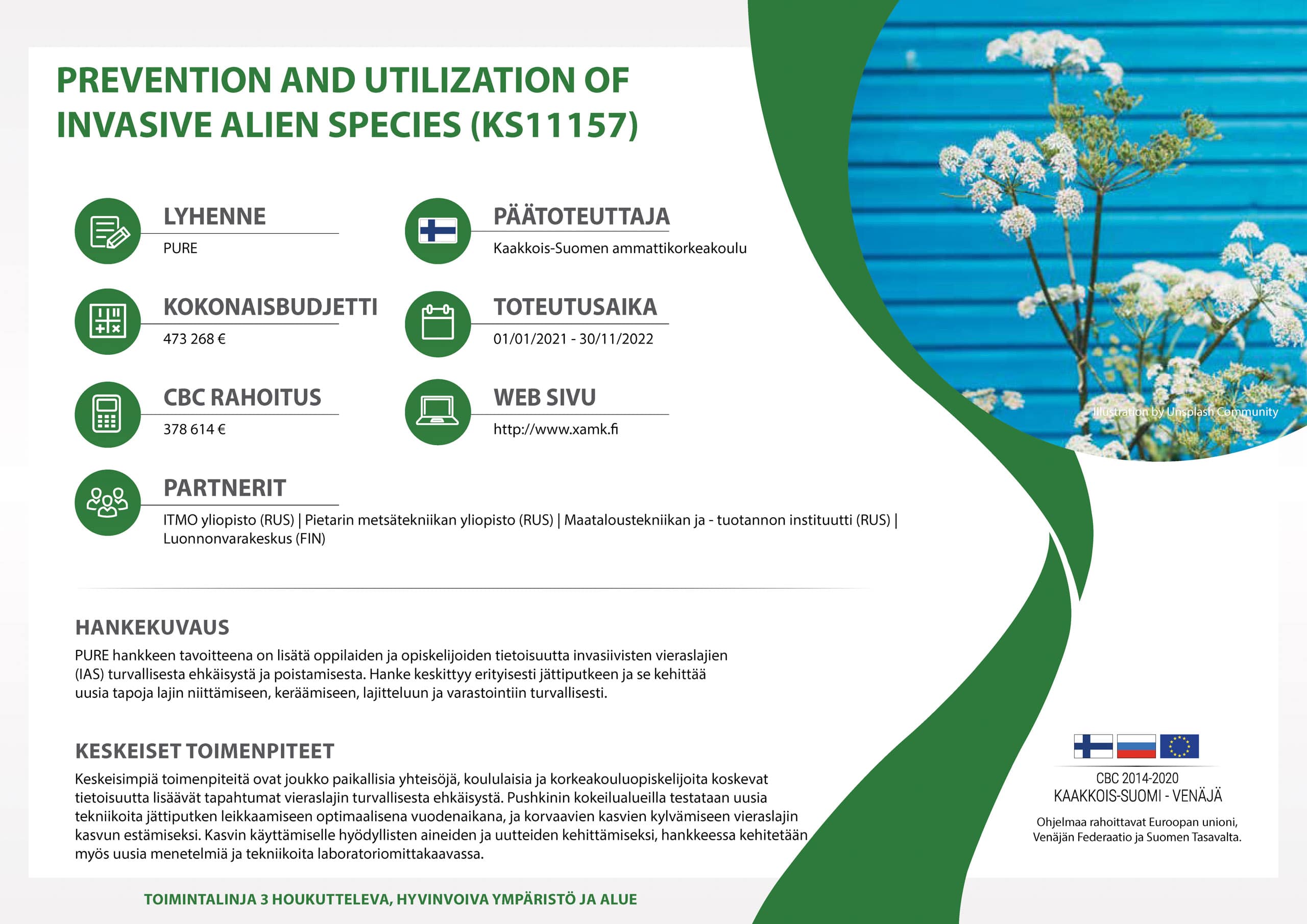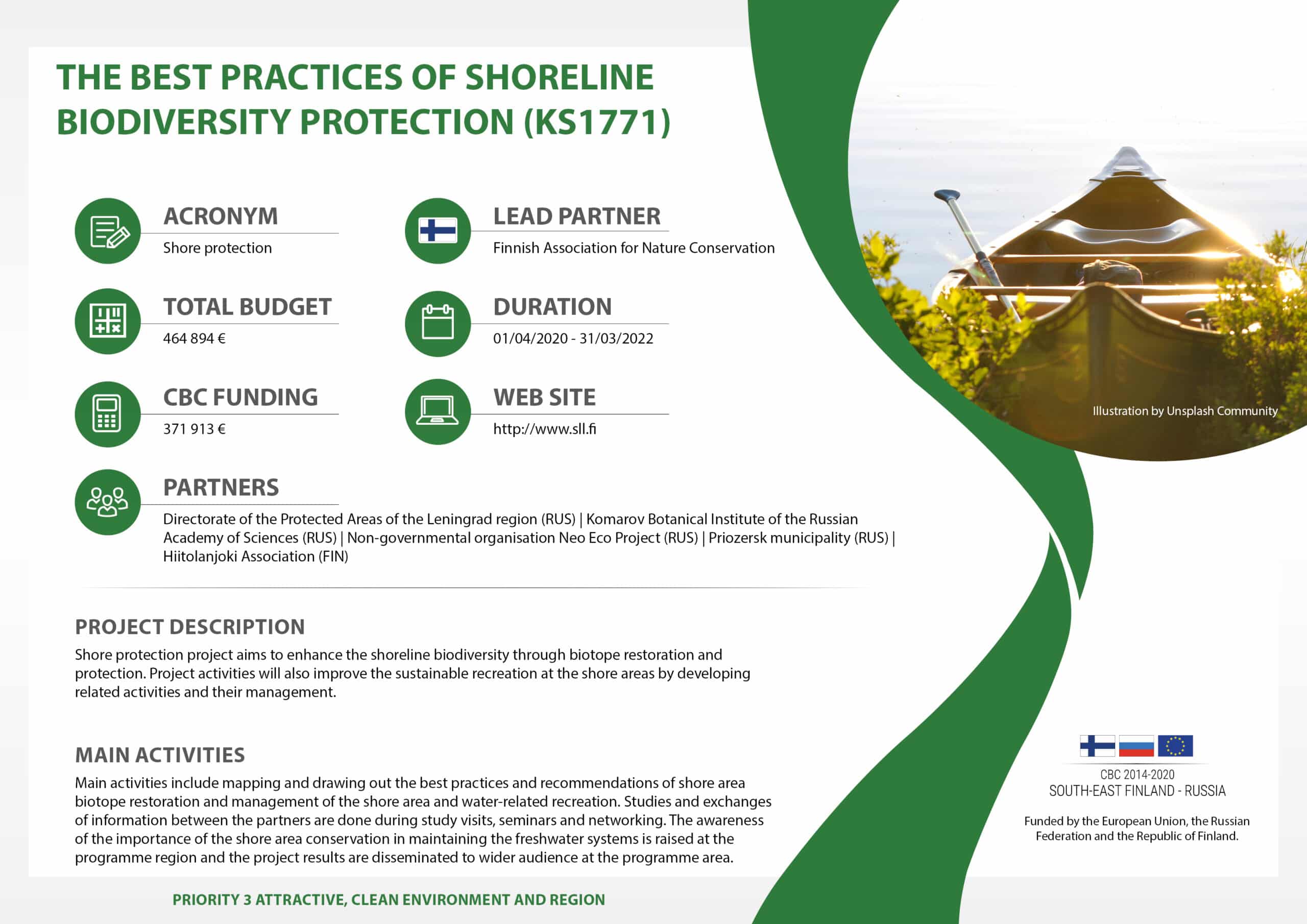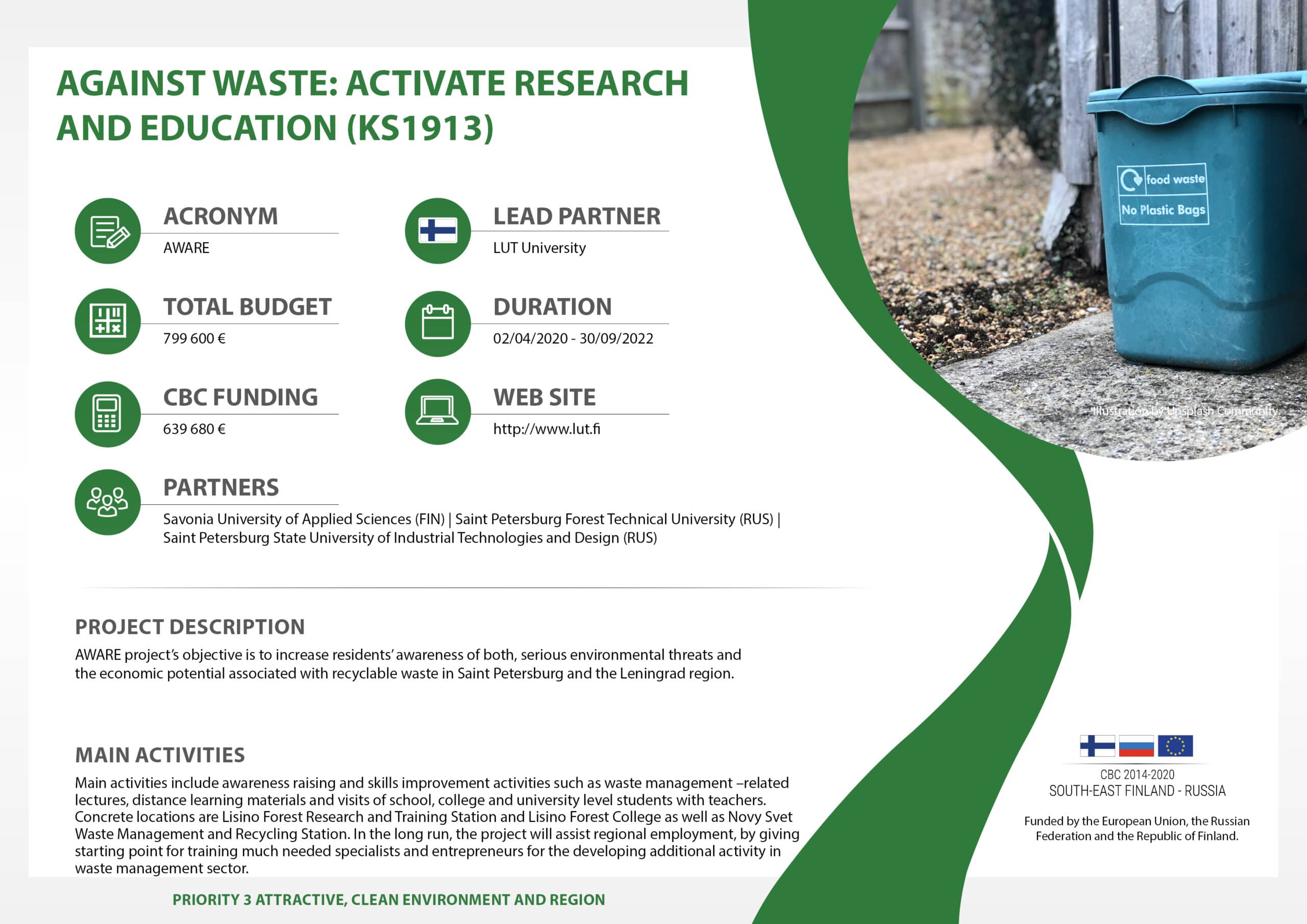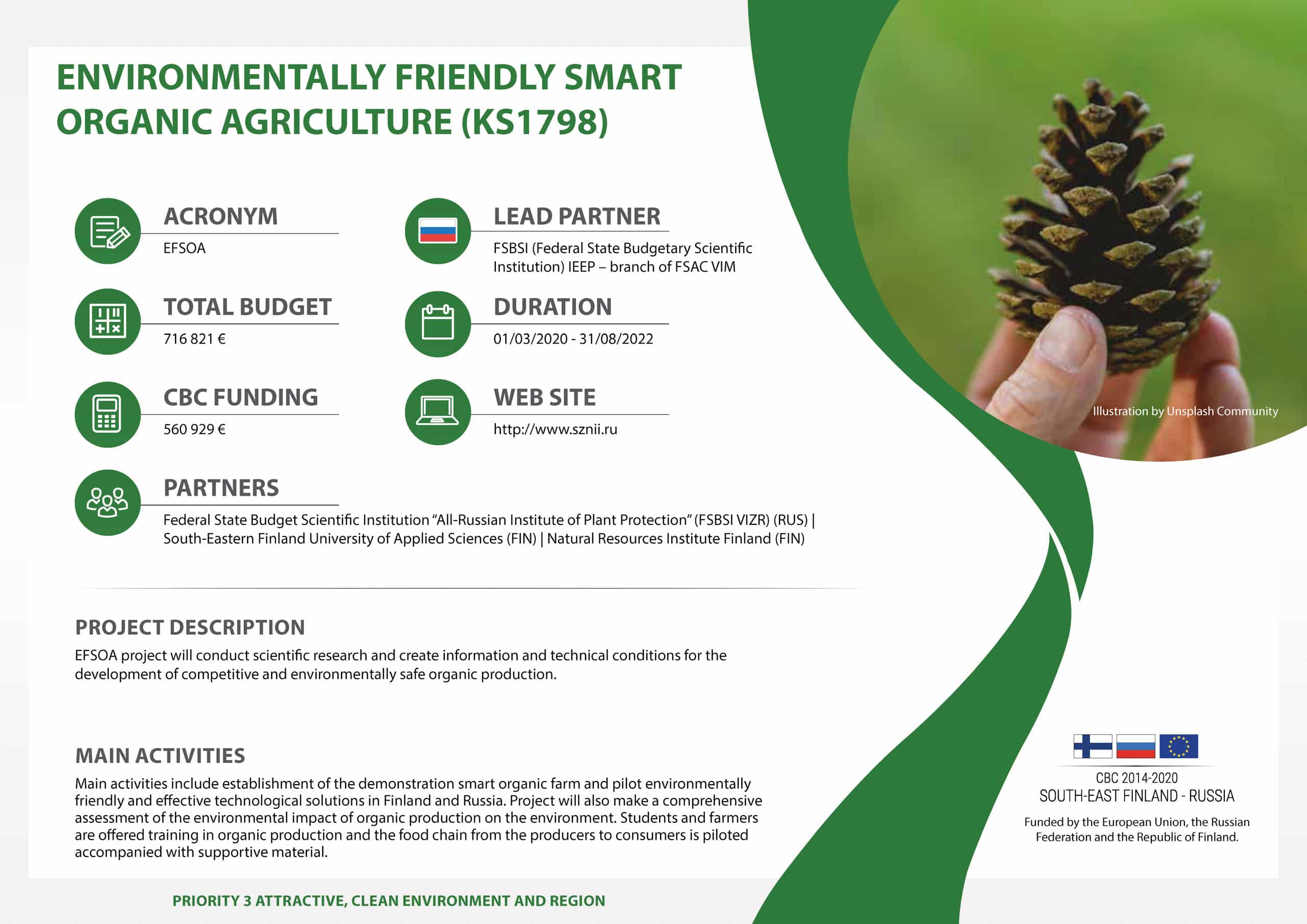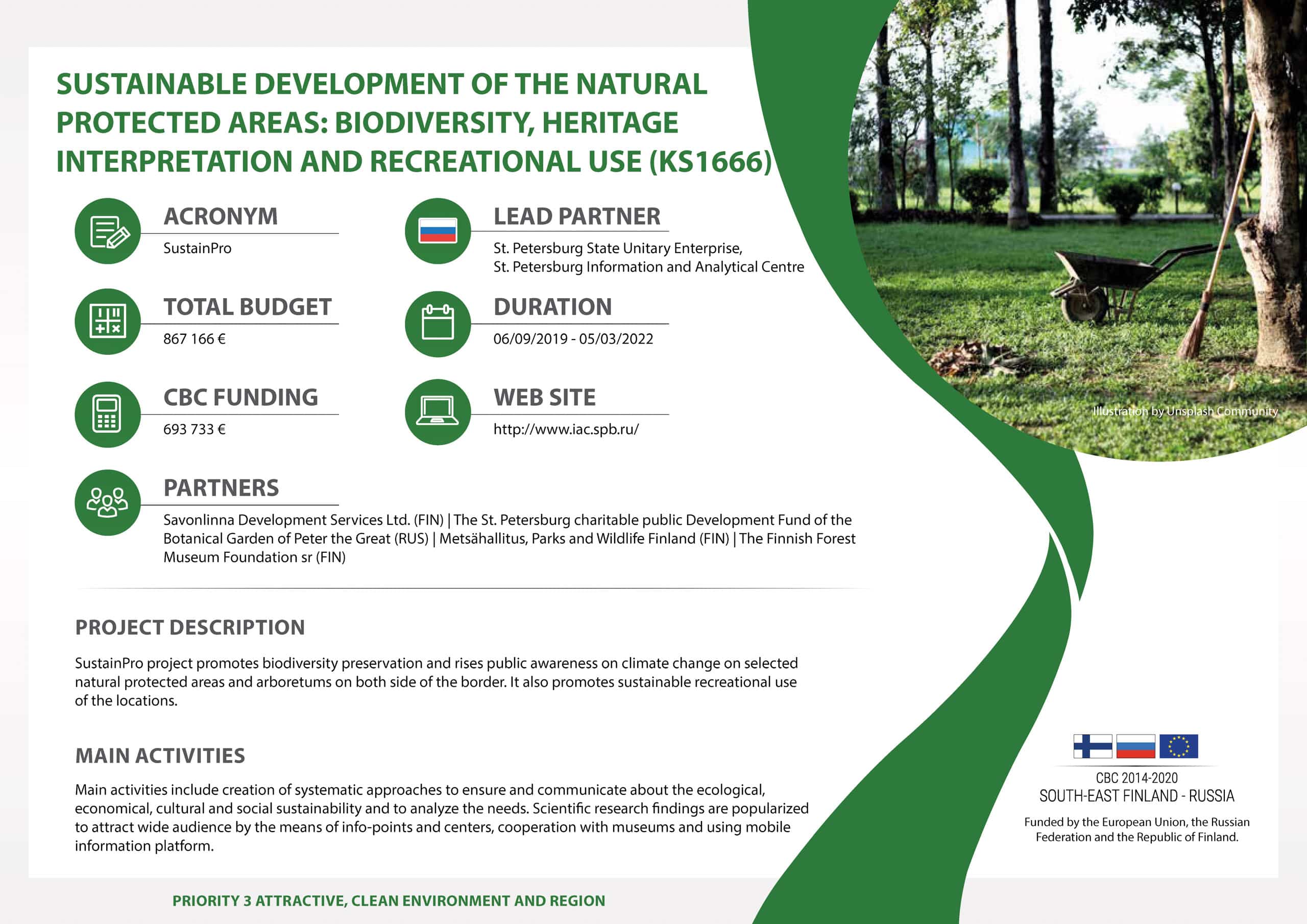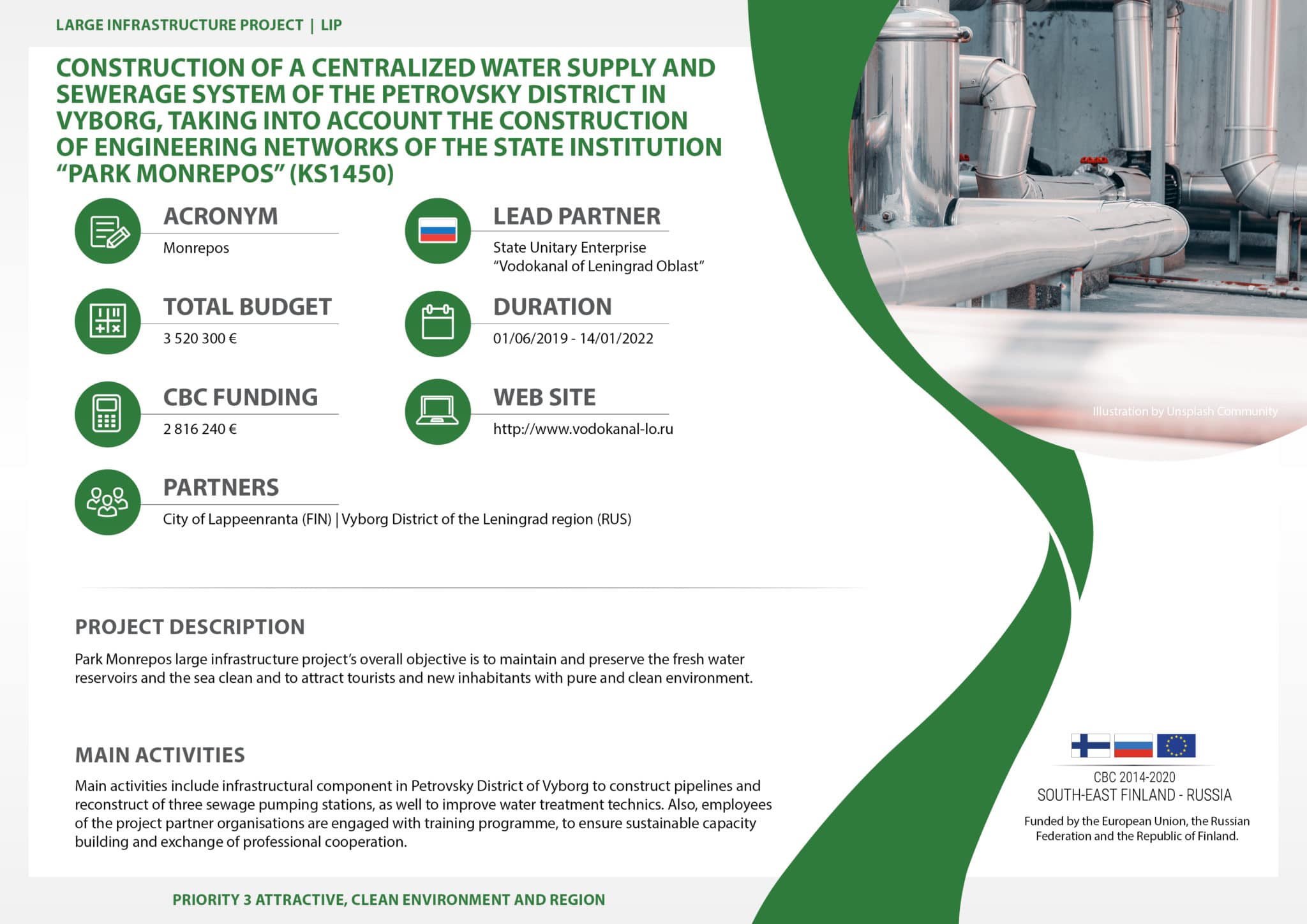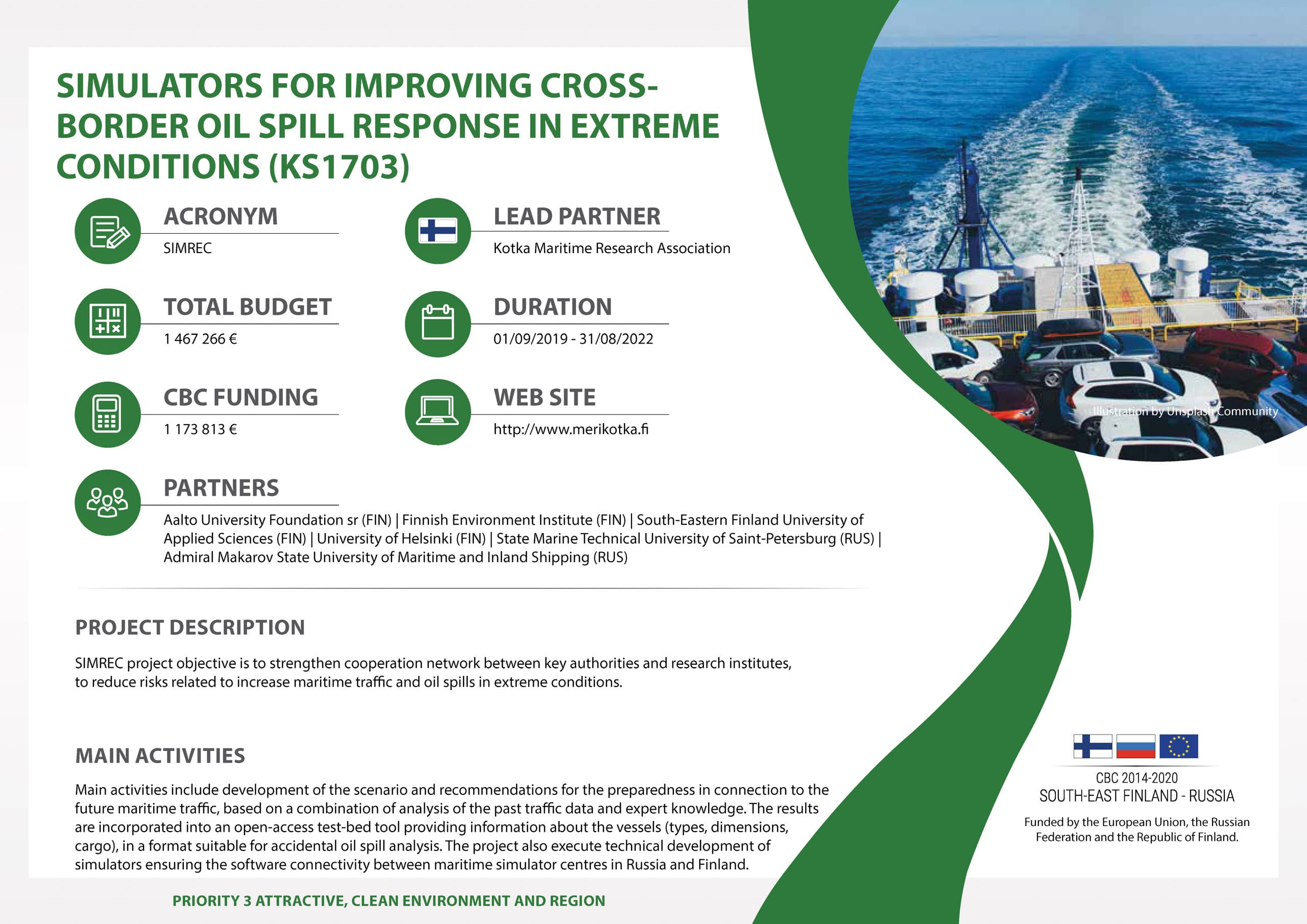Cool4City project met its objectives to facilitate the development of innovative waste management systems in two regions in Finland – the Helsinki Metropolitan area and Mikkeli region – by studying and implementing four pilots in the project regions as well as to develop and raise environmental awareness of citizens in the project pilots regions. Outcomes of the project include increased waste separate collection on-the-site of housing companies, raised awareness of citizens on services of municipal waste management companies on waste sorting stations and collection of reusable goods for further integration into the circular economy value chain.
Cool4City work toward meeting the project objectives was implemented in a set of activities, such as: studying, analyzing and describing municipal (focusing on households) solid waste management systems’ operational models and practicalities in the Helsinki Metropolitan area and Mikkeli region of Finland as well as in St. Petersburg and Leningrad region of Russia; get to know in practice –visits to municipal waste management organizations’ sites in Finland (Cool4City partners’ – Helsinki Region Environmental Services HSY and Metsäsairila LLC of Mikkeli region); analyzing and describing changes in waste management legislation in EU, Finland and Russia; implementing and analyzing results of the pilots (2 pilots in the Helsinki Metropolitan area and 2 pilots in Mikkeli region). The role of communication and collaboration as well as visibility activities with the purpose of awareness raising cannot be overestimated when we have such a topic as municipal waste and circular economy.
View this project in keep.eu
